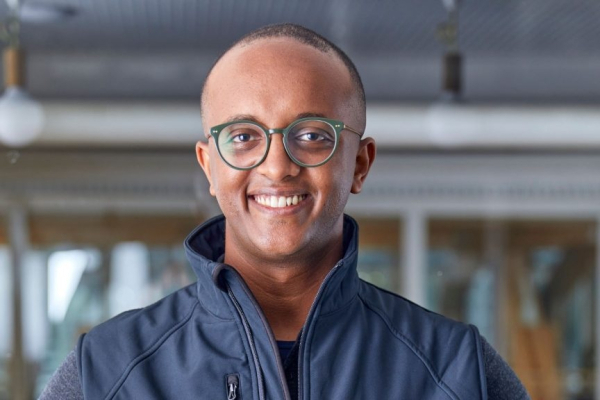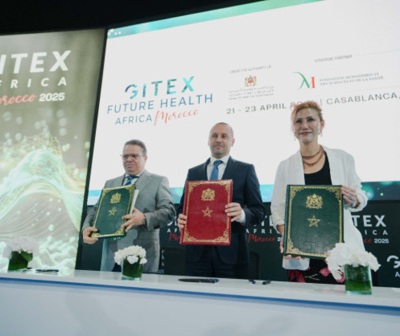He is a biomedical engineer concerned with the protection of the environment in Africa and the world. He contributes his expertise to the cause through Kubik, a startup that transforms plastic waste into building materials.
Kidus Asfaw (photo) is an Ethiopian entrepreneur who graduated from Duke University with a bachelor's degree in biomedical and electrical engineering (in 2008). He is also a 2014 graduate of Princeton University with a master's in public affairs, development economics, and international affairs.
In 2021, he co-founded Kubik, an environmental startup which he serves as the CEO. His startup, founded in Kenya, gives a second life to hard-to-recycle plastic waste by turning them into low-cost and low-carbon building materials. Its ambition is to promote dignity through the construction of clean and affordable buildings for everyone and for every purpose -the materials can be used to build schools, clinics warehouses, and homes. On March 29, 2023, it was one of the two winners at the grand finale of the Global Startups Awards, considered one of the world’s biggest startup awards. Selected out of 120 tech companies from 115 countries, Kubik will thus have the opportunity to gain global recognition, explore new markets, access funding, and capitalize on an international network of leaders for its development.
Kubik is also one of the finalists of the 2023 Yale Africa Startup Review, a student- and alumni-led initiative that showcases founders and startups that are shaping Africa's future through entrepreneurship.
Before founding Kubik, Kidus Asfaw worked for UNICEF for over seven years. He joined the organization in 2014 as the product manager of the Global Innovation Centre in Uganda. Between 2017 and 2021, he was also UNICEF Uganda’s head of technology and innovation partnerships.
The entrepreneur has also worked in several other companies or institutions such as Accenture, where he was a technology manager between 2010 and 2012, and the World Bank where he was an innovation consultant from 2013 to 2014.
Melchior Koba



















